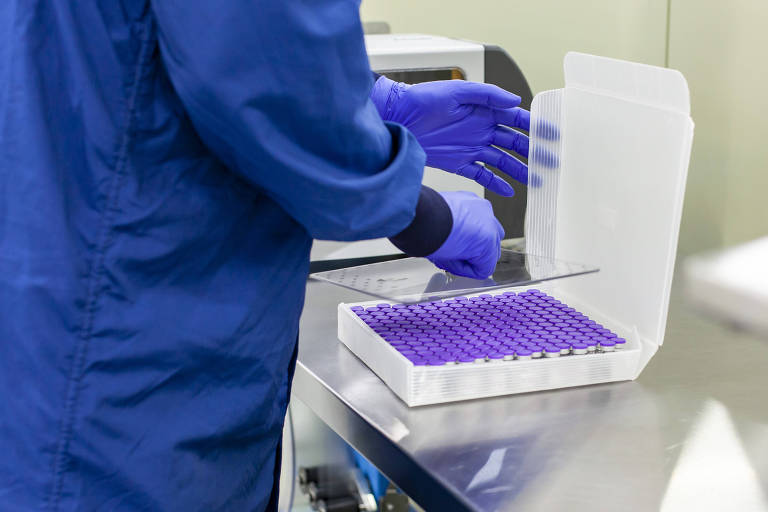Between starvation and anger, cleaning assistant Amanda, 32, prefers the second option. When she lived in the Bahian hinterland, every month, with her bank account emptied, she ate cheap, salty snacks for two, three days.
In 2019, she and her husband managed to enter the U.S. illegally. Today they live on informal small jobs that yield enough to "eat too much," she says, complaining about her plump figure.
Everything was going well until the country took the lead in Covid-19's death record — more than 280,000 so far. Amanda says she was furious when she heard a man advocate in the market that the government ensure that illegal immigrants are the last in line as soon as the vaccination against the coronavirus begins. The Bahian woman took a deep breath and let it go, because she doesn't even know if she will try to get immunized.
Like so many in her situation, she is more afraid of being deported than of contracting and spreading the disease. Far from being unreasonable, this scenario permeated a letter that New York Governor Andrew Cuomo sent earlier this month to the U.S. Department of Health.
If undocumented people are dissuaded from adhering to immunization, the governor argues, this not only jeopardizes their health, but "the effectiveness of the entire vaccination program."
Translated by Kiratiana Freelon
